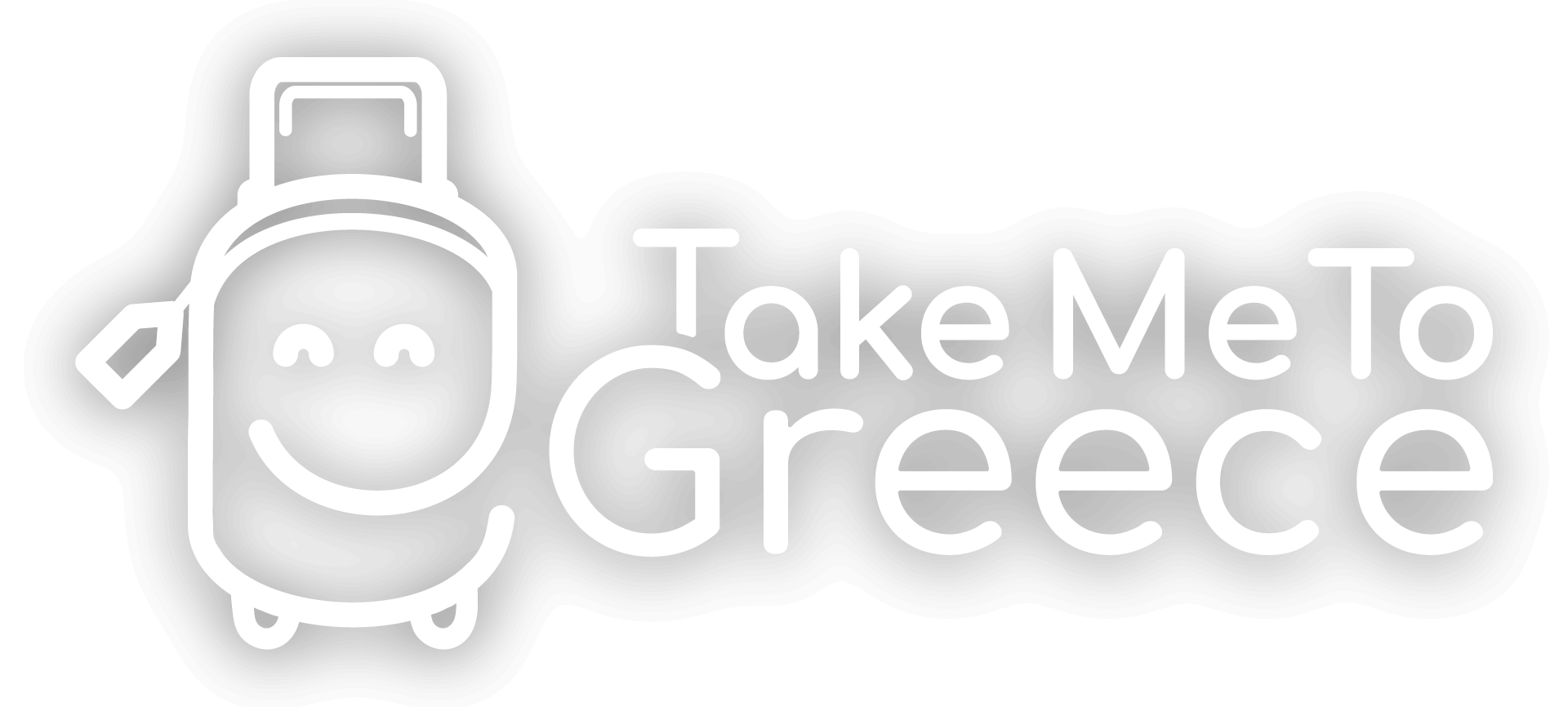Here’s a detailed guide to Greek Independence Day, March 25, a day when the whole country stands still. Greeks are big on holidays, especially when they have to do with their sense of nationhood or celebrating important dates of the Christian Orthodox calendar.
The 25th of March does it both and does it spectacularly. It is the day Greece remembers its War of Independence against the Ottoman occupation and celebrates its hard-won freedom. At the same time, the Greek Orthodox Church celebrates the Annunciation.
On this day, a large military parade is staged in the center of Athens, attended by the top echelons of the country’s elite. Read on to learn all about the Greek Independence Day in Athens and how to make the most of this wonderful spring holiday.

A quick view of the Greek War of Independence
The Greeks were under Ottoman rule for four centuries, a long period of time during which the country and its people never lost the spar of freedom in their visions for the future.

Following a very favorable international setting and the Western powers’ support during the first quarter of the 19th century, the Greeks successfully fought for their freedom between 1821 and 1824.
They drove the Ottoman Empire from the central areas of Greece and established an independent Greek state.
Both events celebrated on the 25th of March are interlinked with the figure of Germanos III of Old Patras, an Orthodox Metropolitan of Patras.

His blessing of the commencement of the Uprising in 1821 on the day of the Annunciation is taken as an official day the Greek War of Independence began.
Although it took 100 more years to liberate all of its Ottoman-held territories, the Greek Independence Day celebrates one of the very first popular revolutions in Europe and the gradual decline of the Age of Empires on the Old Continent.
Nowadays, the Greek Independence Day is a joyful double holiday celebrated all around the country with two major leitmotifs – parades and fried cod!
Where and when is the parade held?
The event takes place in downtown Athens but in many other parts of the country as well, like Thessaloniki and Corfu.
The largest military parade is conducted along the central boulevards of Athens.
It begins in Vasilissis Amalias Avenue, running past Hadrian’s Arch and the National Garden and in front of the Greek Parliament, where the dignitaries, including the President of Greece, salute the procession.

The parade continues down Panepistimiou Street where cheering crowds line both sides of the street. It follows the road passing the grand buildings of Greece’s nationhood – the National Bank of Greece, the National Library, and the Academy of Athens, ending on Omonia Square.

The parade starts at 11 am and lasts around 90 minutes. The crowd follows the end of the procession to the end of the parade at Omonia Square.
TIP: The best viewing position is along Panepistimiou Street and you should be there by 10:30 at the latest to secure a favorable spot.
What to expect of the holiday parade?
The parade displays the Hellenic Army in a historical and contemporary light.
Hundreds of army personnel are presented at their best marching along the streets, organized in displays of squadrons from the Armed Forces (Military, Navy, Air Force), together with civilian musicians and marching bands.

One unique sight is the march past by historical reenactment groups, where the historical uniforms, traditional Greek costumes, and bands of the Greek War of Independence steal the show.
My absolute favorites are the bannermen that carry Greek flags and wave the original 1821-1824 regional banners, most notably from Hydra, an island whose captain families played a crucial part in the Uprising.

Military vehicles of all sorts are also on display and usually come after the procession of marching bands.
The parade attracts huge crowds, always above 100,000 people, so expect a proper holiday atmosphere on the streets.
The Greek Orthodox Church celebrates the Annunciation on the same day
Athens is not lacking in religious processions on Independence Day either.

The Greek Orthodox Church commemorates the day the Archangel Gabriel announced the divine news to the Virgin Mary that she would conceive through a virgin birth and become the mother of Jesus Christ. March 25th is a full nine months before Christmas!
The religious procession is organized in various locations around the city, and a large-scale service is held in the central Metropolitan Cathedral in Athens, which welcomes everyone to the service.
Greek Independence Day traditions in Greece
Breakfast – Koulouria
Being a bank holiday in Greece, the day starts with a long coffee and koulouria (sweet biscuits).
This is followed either by getting ready to attend the parade or tuning in on one of many TV channels broadcasting live from Syntagma Square.
Lunch – Bakaliaros Skordalia
Shortly after the parade, the whole country turns into a large codfish frying place!
One of the most significant traditions linked with the Greek Independence Day is the traditional lunch, consisting of crispy fried battered cod with a garlic sauce (bakaliaros skordalia).

The reason that cod is on the menu has religious roots – since the celebration falls during the Easter Lent, one must obey the fasting regulations.
The Church canon traditionally permits fish during the Lent days only on two occasions – on the Day of the Annunciation and on Palm Sunday.
This means garlic cod has become a Greek national dish, much loved by locals and visitors alike.
But why garlic sauce? The reason why garlic sauce is on the menu is much more mundane – it’s the best and strongest ingredient to hide the stark note of dried and salted cod!
The School Flag Parade
Another beautiful tradition is a public procession of Greek schoolchildren on the 24th of March, also known as the school flag parade.

Held all around the country, school kids dress in traditional costumes and parade with Greek flags.
Where to go on Greek Independence Day after the parade?
The parade makes Athens one of the most relaxed European capitals, at least for a day.
Due to traffic restrictions and a national holiday, the streets are empty and the beauty of Athens’ public space becomes more evident than ever.

For this, I prefer walking around the city center and admiring the complex architecture where the neoclassical mansions of the city center give way to modern apartment buildings as you move further away.
I also like taking a walk to one of the city’s hills to admire the rising spring vegetation around it.
If you’re not too keen on urban hikes, you can visit the nearby Philopappou Hill just behind the Acropolis and admire the views.
Another idea is a walk along the stately Dionysiou Areopagitou Street from Amalias Avenue to Thyssio, before heading to some of Athens’ best museums offering free entrance on this day.
Athens museums open and free on Independence Day
Greek Independence is celebrated by opening doors to visitors around some of the country’s most significant museums too, showcasing national treasures and relics from the 1821-1824 War of Independence.
here are the three major museums you can visit free of charge on the 25th of March:
National Historical Museum – Old Parliament House
A venue of national importance and a museum dedicated to the period between the fall of Constantinople in 1453 and the Second World War.
The collections are especially focused on the Greek Revolution period and the War of Independence.
Acropolis Museum
Arguably the most significant museum in Greece, containing the marble sculptures from the Acropolis complex, the Acropolis Museum is a structure of exceptional architectural value in itself.

Athens War Museum
Housed in a building along Sofias Avenue, it is conveniently close to the parade route and covers the history of war in various periods.
All this culture can easily make one hungry, so make sure to think where to head for that crispy cod and garlic lunch.
Lunch on Greek Independence Day
If you can, get yourself invited for a holiday lunch in a locals’ home, don’t worry about gifts – just pick up some sweets from Greece’s spectacular pastry shops while on the way.
Another option is the city’s tavernas, very much alive on this day and serving garlic cod non-stop.

The tavernas are all open on this day and you will have no trouble finding a table, although a reservation is preferred as families tend to venture out for lunch on the 25th of March.
Some of my favorite places for a Greek Independence Day lunch are:
🍽️ The Bakalogatos in Kypseli neighborhood.
🍽️ The Aksiotis in Polygono neighborhood.
🍽️ The Atlantikos in Psyrri neighborhood.
Reading suggestions
I love reading about the recent Greek history and the Hellenic Republic. These are my top 4 picks on the topic of the Greek struggle and the Greek revolt:
📖 The Greek Revolution by Mark Mazower
📖 The Greek Revolution: A Critical Dictionary by Paschalis M. Kitromilides and Constantinos Tsoukalas (editors)
📖 Greece: Biography of a Modern Nation by Roderick Beaton
📖 A Concise History of Greece by Richard Clogg









